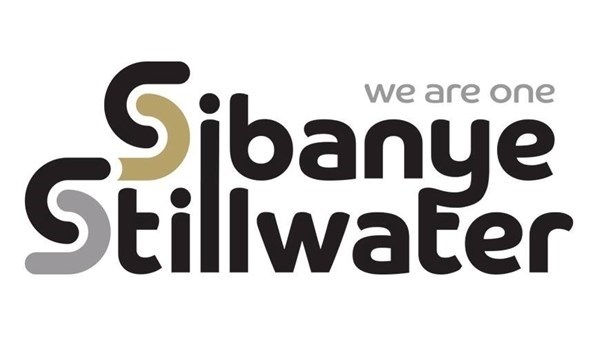Business
#OFMBusinessHour: Sibanye operations not yet returned to normal following lockout─── 20:30 Sun, 19 Jun 2022

Sibanye Stillwater says it will take three months before its operations in the country return to normal, following the lockout that came in the midst of wage-related strike action.
Last week Sibanye announced it had entered into a three-year wage agreement for its gold operations in South Africa with the Association of Mineworkers and Construction Union (AMCU) and the National Union of Mineworkers (NUM) effective from 1 July 2021. Sibanye spokesperson, James Wellstead, tells the OFM Business Hour, that they still have to recall staff from other provinces and neighbouring countries like Lesotho. These staff members need to be screened and given a clean bill of health, with some needing to be retrained before they can return underground.
ALSO READ: Wage strike at Sibanye-Stillwater officially over
According to a statement by Sibanye: The agreement between the parties sees an average 6.3% increase over a three-year period. Among other clauses, the critical terms of the final wage agreement are as follows:
“Category 4-8 employees will receive an increase of R1000 in year 1 (a 7.7% annual increase); R900 in year 2 (a 6.5% annual increase); and R750 in year 3 (a 5.2% annual increase). Miners, Artisans and Officials will receive an average increase of 5% in year 1; *5.5% (or CPI if CPI is between 5% and 5.5%) in year 2; and 5% in year 3. If CPI is greater than 5.5%, then the increase will be 5.5%, if the CPI is less than 5%, then the increase will be 5%, or if CPI is between 5% and 5.5% then the increase will be the same as CPI,” says Sibanye.
The mining company is yet to conduct a full audit on the financial losses incurred in the three-month strike and lockout. Whilst they were able to contain some of the losses, Wellstead says their suppliers weren’t fully able to do the same and are now forced to rebuild as well. The mine wants to engage with trade unions moving forward regarding a socio-economic compact or agreement that will prevent this kind of situation in future.
“This kind of hostile approach is damaging for everybody. It’s clearly not sustainable,” stresses Wellstead.













